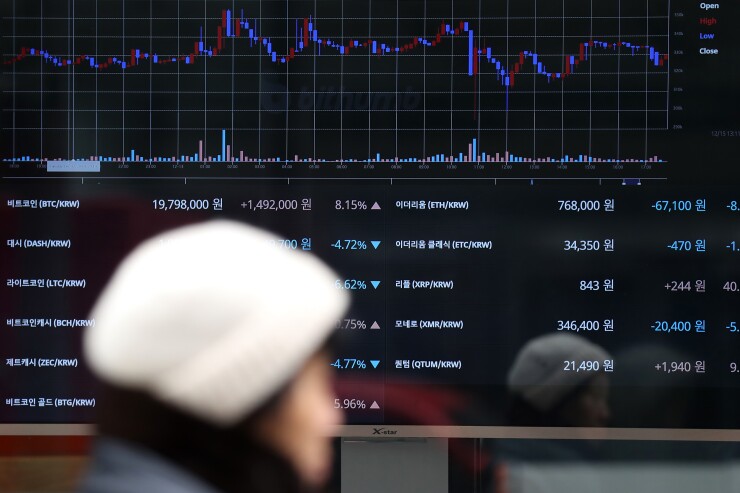The Bank for International Settlements recently issued a
In order to review the BIS report, it is important to look at each of the key arguments provided, such as hard forks, mining concentration, volatility, scalability and energy consumption.
Securing a censorship-resistant, open, transparent, multi-hundred-billion money ecosystem in a decentralized fashion is definitely a worthy cause and huge task.

But will it break the internet? Certainly not. Take one of BIS’ concerns, Hard Forks, as an example, the very nature of cryptocurrency revolves around trust, with or without a hard fork — if trust is preserved — a hard fork will be short-lived.
Another issue in the report was around mining concentration, and although this is a concern for all public blockchain systems, any party that invests the time, money, and energy to attack Bitcoin would better use those resources to follow the rules and earn the block reward.
It is very important to note that even if a miner(s) attacks the system, they can only change future transactions. Recreating the history of transactions means rehashing old blocks, basically rebuilding the blockchain from a point in the past in case of bitcoin is nearly impossible and very expensive.
Indeed, volatility will continue in the short and medium turn, but as the sphere matures, large players enter the markets and as decentralized versions of popular financial instruments appear, volatility will decrease. As for the creation and proliferation of new cryptocurrencies, it is all part of the process of the evolution of the space. Hundreds of business models and outright scams are being tested daily. In a year, most of them will have failed, providing the blockchain community with information about what works and what doesn’t.
Scalability is perhaps the feature of public blockchains that get the most attention from developers worldwide. However, scalability will improve as new “off-chain” solutions begin to be introduced.
Energy consumption is a favorite topic among anti-bitcoin enthusiasts, however, any comment on bitcoin’s energy consumption must be accompanied with an estimation of how much the current global financial system costs. Bitcoin needs cheap and green energy similar to any other industry out there and has a smaller environmental footprint than most of them. As in all other industries, it is not a question of how much, but what type of energy you use.
Finally , the finality of transactions in a public blockchain system is ensured by math and the laws of physics. Although one can claim that finality doesn't ever reach 100%, a math and economics certainty of 99.99999999999% will be enough for all use cases. Moreover, banks' 100% certainty is an illusion.
It depends on the current regulatory state of the bank and the state of the global financial system. Unlike in the case of banks which can deny access to funds at any time and for any reason (very subjective, dependent on the decisions of a group of people), in bitcoin and any other public blockchain system, the user owns their currency 100% (objectivity ensured by math).





